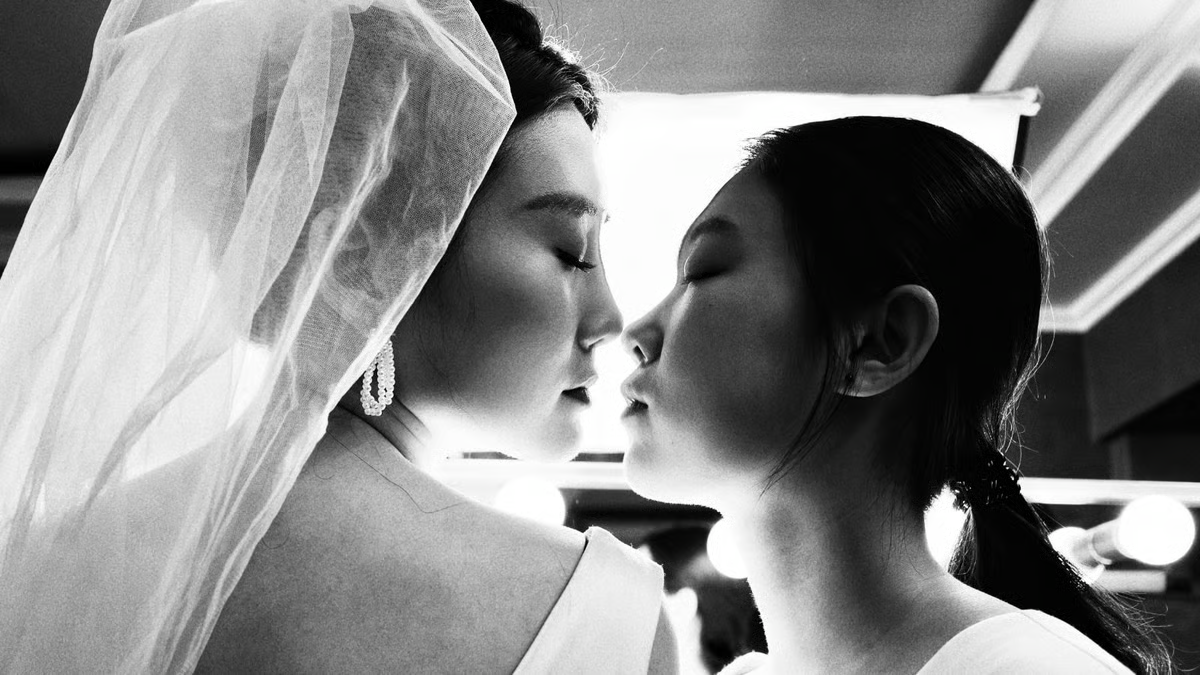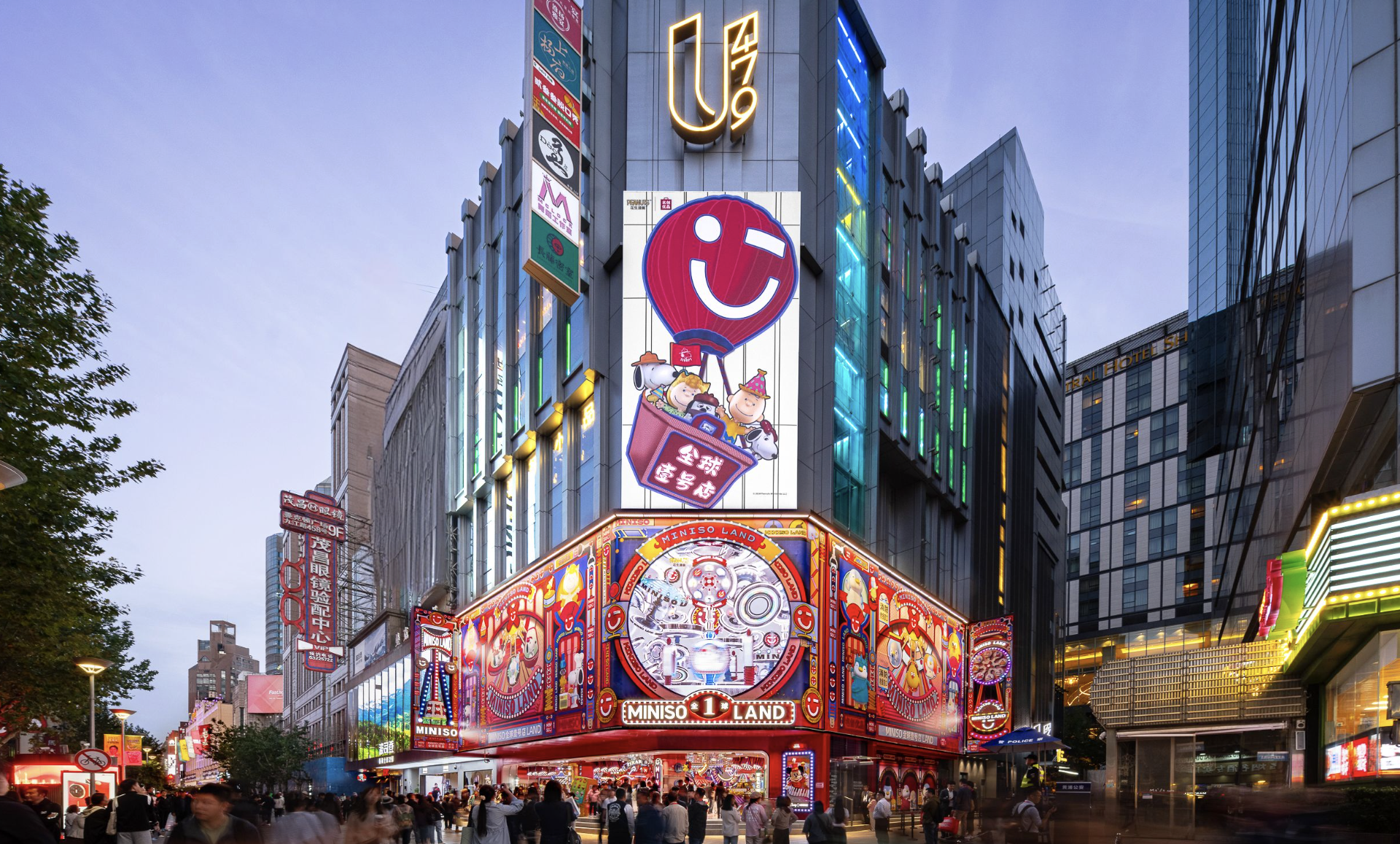In a hidden part of Pasadena, Southern California, a dim and slightly cramped space comes alive: one performer, one mic, and a soapbox. Laughter constantly bursts out of the crowd. Here are no rules, but one: no cisgender men allowed on stage. Welcome to America’s Chinese-speaking feminist comedy scene.
As part of the West Coast’s vibrant cultural landscape where art and activism intersect, a group of Chinese women take the mic, using humor as a powerful tool to confront gender microaggressions and champion other women and non-binary people to build a safe community abroad.

Stand-up comedy only really began to blossom in China in 2016, when an online comedy show, Roast!, captivated viewers and gained over two billion views in its first season.
Since then, stand-up comedy has steadily grown in popularity, providing a kind of “third space” for relatively well-to-do young urbanites, who enjoy relaxing at shows or even take to the stage to vent about the challenges of daily life. Despite some hiccups along the way, comedy promotion companies like XiaoGuo have drawn fans to their performance venues and social media pages. Many showgoers and viewers have been sold on the idea that “anyone can be a comedian for five minutes.”
But in reality, this isn’t really the case for women.
China, like many East Asian countries, is a traditionally patriarchal society. Openly criticizing powerful men would result in serious backlash. In other words, aspiring female comedians risk being accused of “inciting gender conflict” or being labeled as “sexist.”
A trailblazer goes quiet
The irony isn’t lost here. Yang Li, a stand-up comedian, rose to fame in 2021 with a sassy punchline: “How can he be so average, yet so full of confidence?” The statement hurt the egos of many male online viewers, which led to a wave of criticism against Yang, who was called a “man-hater.” Some even reported her to China’s top media regulator, the National Radio and Television Administration, for promoting “sexist” speech. In the end there was no government response to the case, but Yang stayed out of the public eye for a while.
Though Yang has never directly stated her stance on feminism, many young women in China see her as a role model when it comes to speaking up against misogynistic culture. “She is a trailblazer,” says Alex Hwang, a queer comedian based in Los Angeles and co-organizer of the comedy show mentioned above. “She doesn’t have to be a feminist to act on it. And it’s so precious to see that it’s possible to openly make fun of men.”
Crossing the boundaries of language, culture, and gender, Hwang often reflects on her complicated identities and tries to make lemonade out of lemons. She believes that there are deep issues buried beneath the humor of stand-up comedy.
“Comedy shows are an art of insult,” Hwang says, referring to the men who walked out in the middle of the first show she organized with her collaborators, which had immediately sold out. “If [the men] can’t take the joke, just leave. They basically paid to be roasted, so they should come prepared.” For Hwang, it’s a fair game, she says: “The outside world is full of men in power. What we’re doing here is trying to create a comfortable space for women and non-binary people.”
Hwang began to recognize the need for this safe space when she was young: in China, many profanities use gendered language (for example, some offensive characters contain female-coded radicals) and unspoken social norms criticize women for their body shapes, the way they wear makeup, and how they dress. Gaining perspective on this led her to purposefully try to use more women-friendly and gender-neutral terms in Chinese.
“We have to invent vocabulary to fill the void,” says Hwang, “It only empowers us by using the native language, especially during the time we are abroad.”
West Coast to East Coast, and beyond
Hwang is not alone. In 2022, a group of women in New York City founded NZZY or Nvzizhuyi, the first Chinese diaspora feminist support group. That same year, they hosted their first comedy show, and since then they’ve been working with similar organizations in Los Angeles and the United Kingdom to help them organize their own stand-up nights.
The topics for jokes at NZZY’s events are as broad as the deeper problems they address: from laughs about horrible dating experiences with men to a comprehensive TED Talk-type lecture on one performer’s on sex life. “We received a lot of feedback saying the show was eye-opening and full of delicate emotions,” says Gigi, co-organizer of NZZY, “because here the audience can validate and resonate with the artists face-to-face.”
So how come Chinese comedy is emerging now, rather than during earlier waves of migration? “There are more middle-class international students immigrating to the U.S.,” Gigi reflects, “and this generation of young immigrants truly cares about China’s agenda.”
Since the pandemic, “there’s been a fear among people living abroad,” notes Gigi, who like Hwang was overseas during the lockdown. “And these women are trying to use their humor to defy that fear,” Gigi comments.
The fear, they mention, is not just about being on your own as an Asian woman and a queer person in a foreign country where Asian hate crimes surged 339% in 2021, but also about rapid changes back home.
The Beijing LGBTQ Center, a nonprofit group that provided healthcare and resources to queer people in China, closed in 2023 after 15 years of operation. Many WeChat accounts that advocated for the LGBTQ community, such as ColorsWorld (a student club from Peking University) and “purple” from Tsinghua University, were also shut down, forcing young queer people to search for other ways to build communities.
With all this happening back home, people overseas have been galvanized. In New York, NZZY has held a total of 18 open mic events, not to mention other programs including scriptwriting workshops, debates and public film screenings. All have sold out within minutes of tickets going on sale.
It’s been a decade-long effort. Since Hollywood’s #MeToo movement, which spread to China in 2017, more women have become aware of sexist microaggressions in everyday life, such as mansplaining, non-consensual harassment, and the abuse of power. Then the pandemic accelerated progress. Many grassroots groups of Chinese feminists have popped up in other countries, including the United Kingdom, the Netherlands, and Italy.
“It’s all very natural,” Hwang says of her role as an event organizer. “We want to protect everyone’s boundaries so that we can find peace and safety here.”
Banner image by Haedi Yue.


















